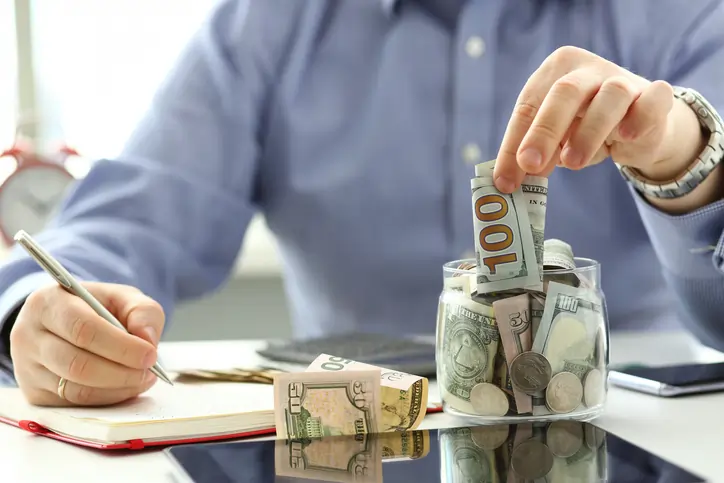
Story at-a-glance
- Physicians need an emergency fund—3 to 6 months of expenses in a liquid, safe account.
- Most doctors don’t prioritize cash reserves, putting their financial stability at risk.
- Keep funds in a high-yield savings account or money market fund—not investments.
- Build it gradually with small recurring deposits and lifestyle tweaks.
- As your career evolves, adjust your emergency fund to reflect changing needs.
Most physicians earn a good income. But one unexpected event—a lawsuit, a sudden expense, a career pause—and without savings, financial security crumbles.
That’s why an emergency fund for physicians is not a luxury. It’s a necessity.
Experts recommend three to six months of expenses in cash. Yet, most physicians never get around to saving it.
Here’s how to change that—without feeling the pinch.
Step 1: Put It Somewhere Accessible
This is not investment money. It’s security money.
Where should it go?
- A high-yield savings account
- A money market fund
- An FDIC-insured online bank with better rates
The goal? Keep it safe and liquid.
Step 2: Fund It Without Feeling Broke
Saving doesn’t have to mean sacrifice. It means efficiency.
Ways to free up cash now:
- Cancel unused subscriptions
- Make coffee at home instead of buying it daily
- Sell high-value items you don’t use
- Pick up an extra shift for a few months
Automate a recurring deposit every month. Even $50 or $100 adds up fast.
Step 3: Adjust As You Grow
As your career progresses, your emergency fund can evolve.
Why?
- Your investments grow
- Your debt decreases
- Your financial safety net expands
At that point, adjust your liquid savings and let long-term investments do more of the work.
Final Thought
One emergency should not derail your financial future.
Start building an emergency fund for physicians today—before you need it.
Ready to protect your future?
Get a personalized side-by-side policy comparison of the leading disability insurance companies from an independent insurance broker.




